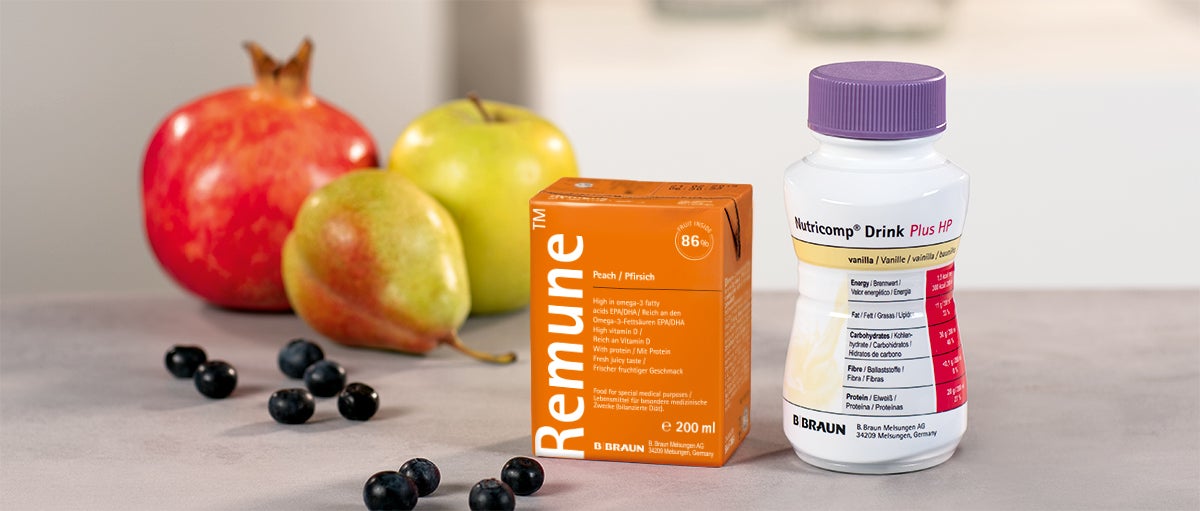Smell aversions: How to dodge them
Cancer patients are often challenged by an alteration of the senses. Sometimes, food changes in its usual taste – it may taste bland or become even tasteless, while other foods, especially protein-rich foods like meat or fish may change to taste bitter or even like metal. If you stop eating them as a result, you increase your risk of protein deficiency. These changes in perception may also affect your sense of smell. Suddenly, even food you usually like doesn’t appeal to you anymore.
The reasons can be diverse: The cancer itself can affect your senses, it may be a side effect of cancer treatment or dental problems may cause it. In most cases, these aversions improve after the treatment ends.
Loss of taste
The more the merrier
If you have trouble perceiving tastes, forget about posh restraint and pile on the spices! You’re the one who has to eat it, after all. Improve the taste of food with flavorings and marinades. Add some extra flavor by using certain herbs or by adding bacon to vegetables. Use tart foods and sweeten your food if it tastes bitter, salty or acidic.
Sweet ingredients can help make more savory dishes with unpleasant smells or flavors more palatable. Some tasty combinations include pork with apple sauce, camembert with lingonberry, fowl with banana or curry with pineapple. Make conscious choices: Mint and rosemary are often pleasing, and vanilla or cinnamon can mask metallic tastes.
Managing smell and taste aversions
Follow your instincts
To manage taste or smell changes, try to avoid food you no longer like – there is no need to stick to routines that don’t work for you anymore. As an alternative, replace food that has an unpleasant taste with equivalent food to avoid nutrient deficiency (e.g., protein deficiency).
Choose food that appeals to you, that looks good and smells good; if you can’t stand red meat (such as beef, pork or lamb), try chicken, turkey or fish instead or switch to meatless, high-protein products.
If you don’t eat meat, turn to alternative protein sources. Eggs, dairy, tofu and legumes are particularly suitable. For example, you can cook tofu in tasty sauces (e.g., sweet-sour pineapple sauce, peanut sauce, teriyaki sauce, etc.). As a cancer patient, your protein need is increased. So, keep an eye on your protein intake.
Additional tricks
- Reduce food smells in your surroundings and keep your rooms well-ventilated.
- Maybe switch to non-metal cutlery like plastic or wood if you want to avoid the taste of metal in your mouth.
- Take care of your mouth by brushing, flossing and using mouthwash. To neutralize an unpleasant taste, rinse your mouth before each meal and also possibly during meals.
- Cook and eat together with others. This may be a welcome diversion from unpleasant smells and tastes.




